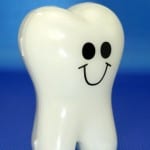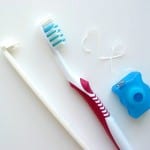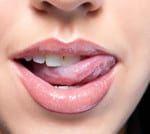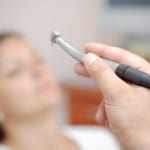 Often described as a hybrid between traditional orthodontics and modern invisible braces, the Damon Brace system offers an array of benefits for patients who are searching for an effective, discreet and painless solution to moderate or severe orthodontic issues. This system is a modern and innovative alternative to traditional fixed braces and it can provide the support and movement necessary for treating even the most complex cases.
Often described as a hybrid between traditional orthodontics and modern invisible braces, the Damon Brace system offers an array of benefits for patients who are searching for an effective, discreet and painless solution to moderate or severe orthodontic issues. This system is a modern and innovative alternative to traditional fixed braces and it can provide the support and movement necessary for treating even the most complex cases.
About Damon Braces
Damon Braces are an extremely advanced tooth straightening treatment, which uses state of the art technology to reduce treatment time and ensure patients feel more comfortable and confident during the treatment process. Unlike conventional fixed braces, Damon Braces are made from sliding brackets and self-ligating memory wires; the brackets are smaller and more discreet than traditional square brackets and they are also much easier to clean. The wires generate friction-free force, which applies gentle, pain-free pressure to the teeth.
Who can benefit from Damon Braces?
Damon Braces provide an alternative for any patient that is a suitable candidate for traditional fixed braces and they can be employed to tackle a diverse range of orthodontic issues, including issues with the bite (overbite, underbite or crossbite), overjet, crowding, crooked teeth and spacing. This system is often recommended for those who need a lot of movement, although it can also be highly beneficial for those who require less movement. Your City Dental dentist will be able to assess whether you are a good match for Damon Braces when you come for your consultation.
How long will I have to wear Damon Braces for?
Every patient has different needs and the timeframe for treatment varies; generally speaking, the more movement that is required, the longer the treatment time. Treatment times may vary from 6-24 months. On average, you can expect results around 4-6 months faster than traditional fixed braces.
















